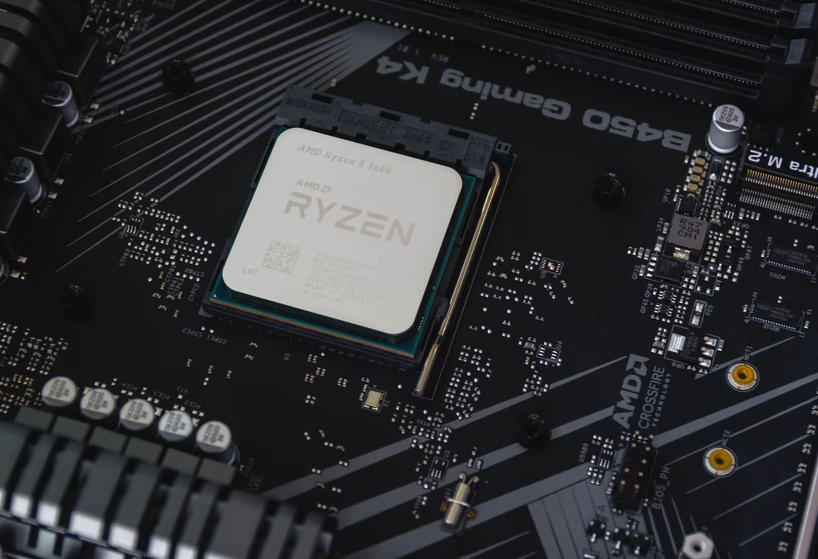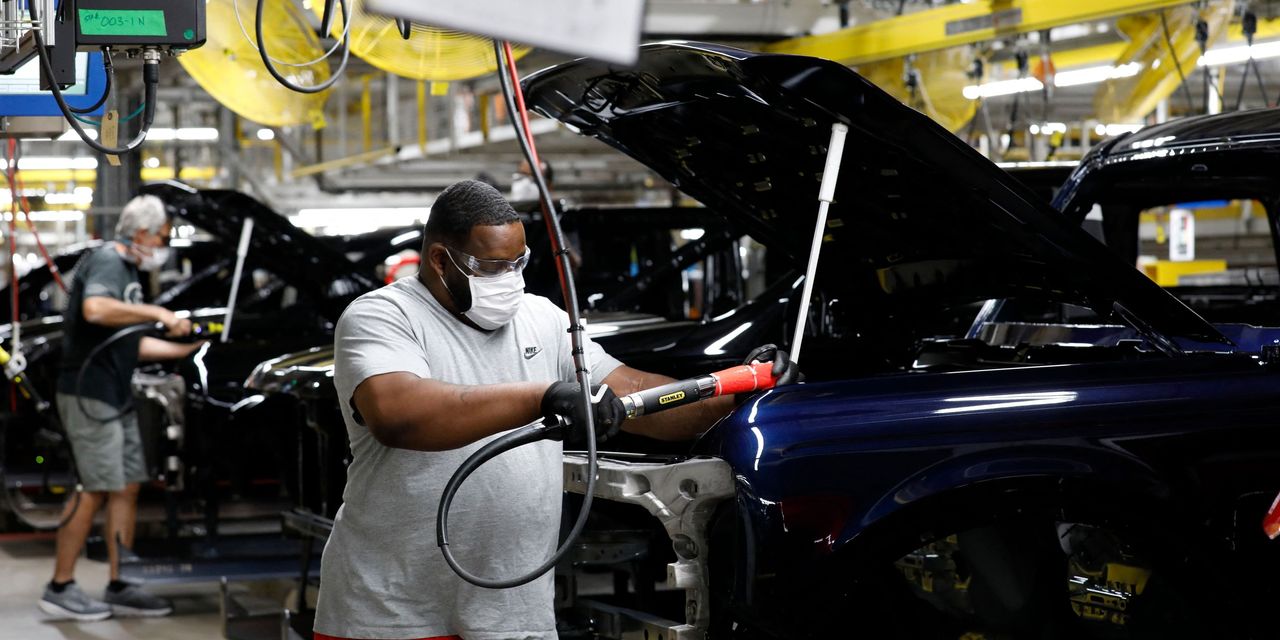TSMC is the largest producer of semiconductors I believe, the only problem is that Apple is their number 1 customer and priority so they take the bulk of what they produce.They are already bring back manufacturing to the US to help with the issue. Don't know if TSMC supplies Ford or not but they own a big chunk of the market

TSMC to Build New Plant in Arizona to Produce More Chips by 2024
TSMC is also planning to build a factory in Japan to focus on manufacturing chips for household devices.www.techtimes.com
You are using an out of date browser. It may not display this or other websites correctly.
You should upgrade or use an alternative browser.
You should upgrade or use an alternative browser.
Ford strikes a deal to help end its chip shortage
- Thread starter SurfRaptor
- Start date
Disclaimer: Links on this page pointing to Amazon, eBay and other sites may include affiliate code. If you click them and make a purchase, we may earn a small commission.
Tm2525ai
Full Access Member
This will not help us with orders, or Ford, for 2 to 3 years, if that.
I am in the ASIC industry (ASIC design), and worked for GF for a couple years.
Yes, GF has FABS in the US, but the FABS in production are booked solid years in advance and cannot just "slip" extra production in.
It will also likely take as long for the designs they want to produce to be ready in their process, but there are "many" unknowns there, as well. THey may or may not be able to take designs already created and port thm to GF processes, etc.
I am in the ASIC industry (ASIC design), and worked for GF for a couple years.
Yes, GF has FABS in the US, but the FABS in production are booked solid years in advance and cannot just "slip" extra production in.
It will also likely take as long for the designs they want to produce to be ready in their process, but there are "many" unknowns there, as well. THey may or may not be able to take designs already created and port thm to GF processes, etc.
Here is a solar article from the Wall Street Journal. I don't have a subscription so I can read the entire thing, but the video at the beginning is pretty good.

 www.wsj.com
www.wsj.com
Ford, GM Step Into Chip Business
Ford said it had entered into a strategic agreement with U.S.-based chip maker GlobalFoundries to develop chips; separately, GM said it was also trying to forge deeper ties with chip makers.
Tm2525ai
Full Access Member
Yeah, the video is likely the content of the article and it does a really good job of summing up the problem and current and future status.Here is a solar article from the Wall Street Journal. I don't have a subscription so I can read the entire thing, but the video at the beginning is pretty good.

Ford, GM Step Into Chip Business
Ford said it had entered into a strategic agreement with U.S.-based chip maker GlobalFoundries to develop chips; separately, GM said it was also trying to forge deeper ties with chip makers.www.wsj.com
TC979
Member
The majority of automobile chips use transistor technology too large and primitive for a smart device of today. Current technology uses transistor sizes of 16 nanometers versus the automotive chip world of up to 90 nanometers. Sales of all the latest designed smart devices went through the roof when Covid hit and chipmakers reallocated capacity from the older, larger chips to the newer smaller chips to meet the shift in demand. Then there was a key supplier facility fire, and power outages in other plants that ruined things - a perfect storm for the lack of auto chip supply. Automakers really need to get with the program and redesign their systems to take advantage of the modern smaller transistor size that fabrication labs have re-tooled for and join the smart device chip modernization. From a business perspective, asking to build additional chip manufacturing capacity for today's ancient automotive chips is almost like asking Netflix to open a DVD movie rental store.
Tm2525ai
Full Access Member
Auto manufacturers don't design their own chips for the most part, they purchase them from design and manufacturers in Asia.The majority of automobile chips use transistor technology too large and primitive for a smart device of today. Current technology uses transistor sizes of 16 nanometers versus the automotive chip world of up to 90 nanometers. Sales of all the latest designed smart devices went through the roof when Covid hit and chipmakers reallocated capacity from the older, larger chips to the newer smaller chips to meet the shift in demand. Then there was a key supplier facility fire, and power outages in other plants that ruined things - a perfect storm for the lack of auto chip supply. Automakers really need to get with the program and redesign their systems to take advantage of the modern smaller transistor size that fabrication labs have re-tooled for and join the smart device chip modernization. From a business perspective, asking to build additional chip manufacturing capacity for today's ancient automotive chips is almost like asking Netflix to open a DVD movie rental store.
Next, certainly not a zero-cost task, porting them to new proccesses is not a major issue, either, happens every day, and they are being ported.
The main issue is still capacity limits and covid and other supply chain issues.
It takes ~5 years and $ billions to bring up new fabs, much more expensive in the US than Asia.
The US is ramping up capacity, though, but it won't help for 4 or 5 years, and a large % is going to go for govenment purposes where they don't want designs handled outside the US for security purposes.
They also are cautious to not exceed requirements too much, or those $billions get flushed.
Similar threads
- Replies
- 1
- Views
- 834
- Replies
- 13
- Views
- 3K
- Replies
- 59
- Views
- 4K
- Replies
- 56
- Views
- 7K
Members online
- 3wheelkhalil
- sah1118
- 4x4TruckLEDs.com
- Snewm77
- DarinT
- RivRaptor
- The Car Stereo Company
- tabvette
- RebelSaint
- Rednose
- rasguado
- GaoKS
- Moots56
- pirates1456
- CleverGirl_
- jekyll537
- schumacher1111
- dillard09
- Ifly4vamerica
- Ruger
- raptortrav001
- Tbogo
- jp1seattle
- btkeenan
- DMacDonald
- LayinWatts69
- PipeHitter
- catinthehat85
- p0verty
- peeweeman250
- Spydie35
- BoostCreep
- snt505
- Teamwest
- RaptorMach3p5
- cdiddy4224
- marcus6867
- Current
- RamseyF
- SeasickLI
- Diablo
- Rptrrob702
- VelociBraptorr
- nelsonr103
- JayRods
- MSP
- Azurebeast
- IIAWAH808
- someday
- downforce137
Total: 1,691 (members: 75, guests: 1,616)

